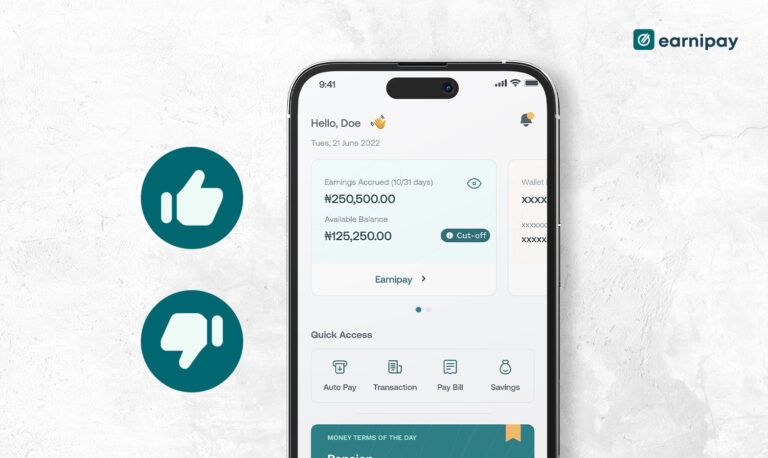Are you tired of feeling overwhelmed every time you think about budgeting your money? Do spreadsheets and money apps bore you to tears? If so, you’re not alone! The good news is that creating a budget can actually be an enjoyable process, and I’m here to show you how.
Whether you prefer to work with a budget printable or dive straight into a spreadsheet, I’ve got the tools and tips you need to make budgeting a breeze. And the best part? You’ll be setting yourself up for financial success and living your dream life doing what you love! So, let’s get started.
What is a personal budget?
A personal budget is a financial plan that outlines your income and expenses on a monthly or yearly basis. It helps you to track your spending and make sure that you are living within your means. A personal budget includes all sources of income, such as your salary, bonuses, and investments, as well as your expenses, such as rent or mortgage payments, utilities, groceries, transportation, and entertainment.
By creating a personal budget, you can identify areas where you may be overspending and make adjustments to your spending habits. This can help you achieve your financial goals, such as paying off debt, saving for retirement, or buying a house. So how do you make this work for you? Let’s look into this.
Steps in creating a personal budget that works.
- Understand your financial situation:
The first step in creating a personal budget plan is to understand your current financial situation. This means analyzing your income, expenses, debts, and assets. You can start by reviewing your bank statements, bills, and credit card statements. This will give you a clear idea of where your money is coming from and where it is going.
- Determine your income and expenses.
Once you have a clear understanding of your financial situation, the next step is to determine your income and expenses. Your income may include your salary, investment income, and any other sources of income. Your expenses may include your rent/mortgage, utilities, groceries, transportation, entertainment, and other bills.
- Set financial goals.
Setting financial goals is an important step in creating a budget plan. You can set short-term and long-term financial goals. Short-term goals may include paying off credit card debt, while long-term goals may include saving for a down payment on a house or retirement. It helps build a consistent financial habit.
- Create your budget plan.
Now that you have determined your income, expenses, and financial goals, it’s time to create your budget plan.
You can create a budget plan using a spreadsheet or budgeting app. Start by listing your income and expenses and subtracting your expenses from your income. This will give you an idea of how much money you have left over each month.
- Stick to your budget.
That’s the magic. Creating a budget plan is one thing, but sticking to it is another. It’s important to stay disciplined and avoid overspending. You can do this by tracking your expenses, avoiding unnecessary purchases, and finding ways to reduce your expenses. Whatever is not important, do not buy because if you do, you might end up having regrets, and that won’t be good.
- Review and Adjust Your Budget.
Your budget plan is not set in stone. It’s important to review your budget regularly and make adjustments as needed. You may need to adjust your budget if your income or expenses change. It’s also important to revisit your financial goals and adjust them as needed. It doesn’t have to be rigid.
In conclusion, creating a personal budget that works for you is important for achieving financial success and living a more fulfilling life. By understanding your financial situation, determining your income and expenses, setting financial goals, and creating and sticking to a budget plan, you can gain control over your finances and make informed decisions. Remember to review and adjust your budget regularly, adapt to changes in your income or expenses, and revisit your financial goals. No matter your earnings, a well-structured budget is an essential tool for everyone looking to improve their financial well-being and attain their dreams.





Leave a Comment